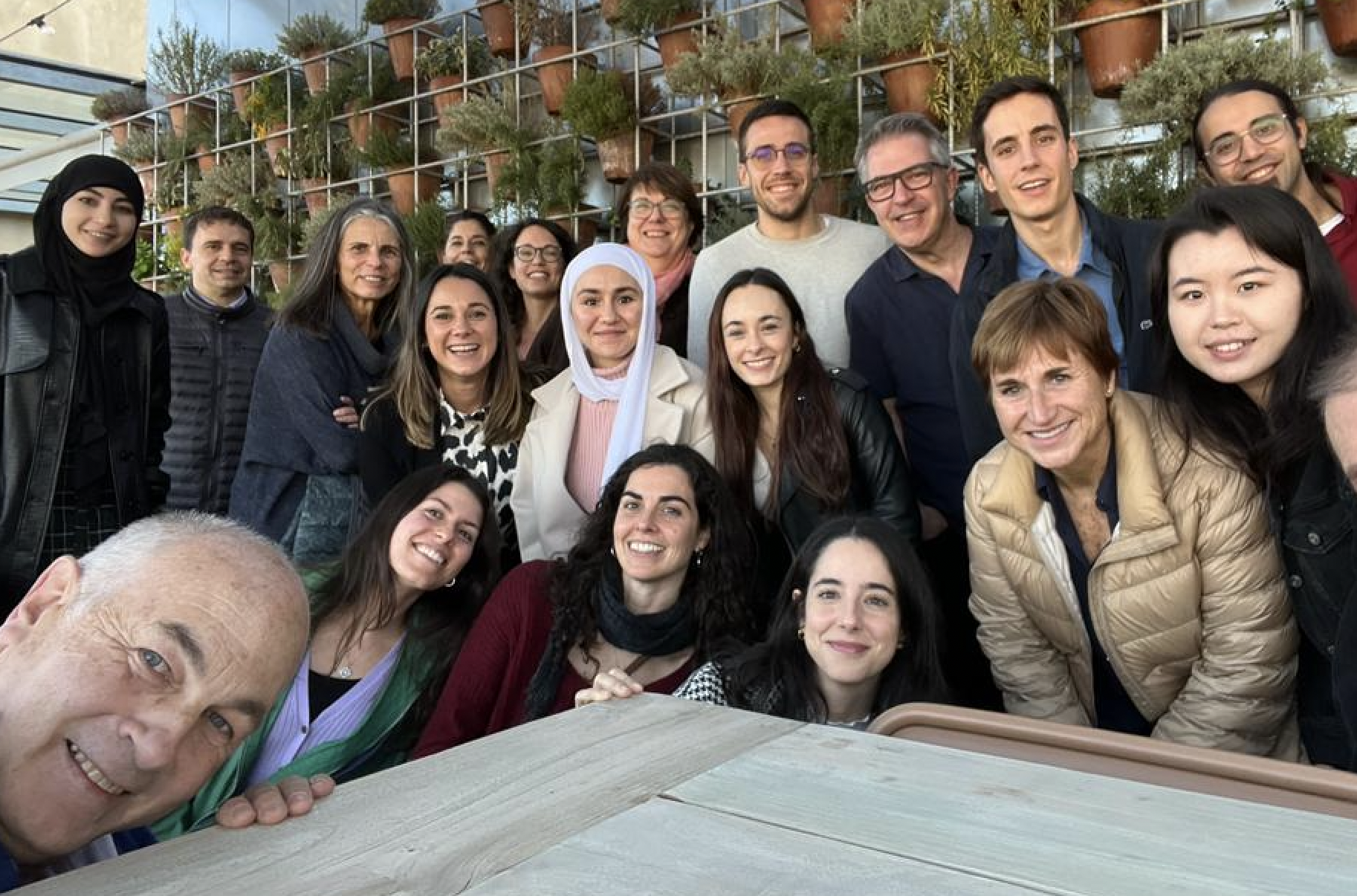Progress in developing specific immunotherapies for type 1 diabetes

Researchers from Germans Trias i Pujol Research Institute (IGTP) and Ahead Therapeutics SL have been exploring a treatment based on liposome-type nanoparticles to address the autoimmunity of type 1 diabetes for years. A study recently published in the Journal of Autoimmunity examines the response of macrophages to this immunotherapy, serving as a preliminary step before clinical trials.
Type 1 diabetes is a disease in which the immune system attacks the body's own insulin-producing cells. This is due to a loss of immune tolerance, the mechanism that prevents the body from attacking itself.
Although much progress has been made in understanding this condition, the administration of exogenous insulin remains the only therapeutic option. This treatment makes the disease chronic but cannot prevent long-term secondary complications.
Recent immunotherapies like Teplizumab manage to delay the onset of the disease but are not curative treatments. Therefore, there is a clear need for curative and safe therapies for type 1 diabetes, as well as for other autoimmune diseases.
In recent years, antigen-specific immunotherapies, which induce tolerance to autoantigens, have gained momentum. The Immunology of Diabetes research group at IGTP and its spin-off Ahead Therapeutics - emerging in collaboration with ICN2 and ICREA - are committed to an immunotherapy based on the use of liposomes that mimic apoptotic cells to stop the erroneous reaction of the immune system.
A new study published in the Journal of Autoimmunity examines the response of macrophages to this immunotherapy. Macrophages, essential for the immune response, are cells that phagocytose particles - like the liposomes of the therapy - and present antigens to the cells of the adaptive immune system. Their ability to engulf antigens can help to halt autoimmune responses, becoming a potential mechanism of action for this therapy.
The researchers from IGTP and Ahead Therapeutics, in collaboration with Sant Pau Research Institute and Sartorius Stedim, have demonstrated that, compared to other antigen-presenting cells, macrophages are the cells that most efficiently phagocytose the liposomes of the immunotherapy.
According to one of the first co-authors, David Perna-Barrull, "this supports the benefit of this immunotherapy for type 1 diabetes and provides significant preclinical data on its mechanism of action. These results demonstrate the versatility of liposomes in different cells of the immune system".
Another piece of good news is that the alteration of blood sugar levels caused by type 1 diabetes does not affect the macrophages' ability to capture and process the liposomes of the immunotherapy. This essential function of macrophages remains intact in people with long-standing disease compared to those who do not suffer from it.
Additionally, the study indicates that, although macrophages from patients with type 1 diabetes have their own characteristics, Ahead Therapeutics' immunotherapy successfully directs them towards a state that promotes immune tolerance. The changes caused by the therapy have been observed in the phenotype and function of the macrophages, without affecting their viability even at high doses.
Perna-Barrull is optimistic about the application of the treatment to other diseases: "We believe that just as it acts on immune system cells in people with type 1 diabetes, it will do so in other autoimmune diseases, all characterised by a loss of tolerance to one's own tissues". Thus, the results point to a promising future regarding the effect of immunotherapy in clinical trials for type 1 diabetes, with the possibility of exploring its applicability in other autoimmune conditions.
The principal investigator of the study, Marta Vives-Pi, leader of IGTP's group, highlights "the serious public health problem posed by the more than 80 existing autoimmune diseases, which affect 1 in 10 people, and for which there is still no possibility of prevention or cure". She places special emphasis on the importance of "developing specific and safe immunotherapies that do not cause immunosuppression and fully understanding their mechanism of action".
Reference
Garcia-Loza I, Perna-Barrull D, Aguilera E, Almenara-Fuentes L, Gomez-Muñoz L, Greco D, Vila M, Salvado M, Mancera-Arteu M, Olszowy MW, Petriz J, Dalmases M, Rodriguez-Vidal S, Barneda-Zahonero B, Vives-Pi M. Targeting macrophages with phosphatidylserine-rich liposomes as a potential antigen-specific immunotherapy for type 1 diabetes. J Autoimmun. 2024 Mar 7;145:103196. DOI: 10.1016/j.jaut.2024.103196.
Funding
This work is part of the project CPP2021-008475, and has been funded by the Spanish Government, MCIN/AEI/10.13039/501100011033 and European Union-NextGenerationEU/PRTR. This work was additionally supported by Ahead Therapeutics SL. LGM and LA-F are supported by the Health Department (Fellowship PERIS PIF-Salut Grant SLT017/20/000049) and the Agency for Management of University and Research Grants (AGAUR) (Doctorats industrials DI2021 69) of the Catalan Government. DG is supported by the Horizon Europe Marie Sklodowska-Curie Actions (Grant 101072729). This work has been supported by Consolidated Research Group 2021 SGR 00002, Generalitat de Catalunya and by donations from the patient associations Associació Ajuda A La Recerca En Diabetis (AREDI), Mi Dulce Guerrero and DiabetesCEROFoundation (Spain).
